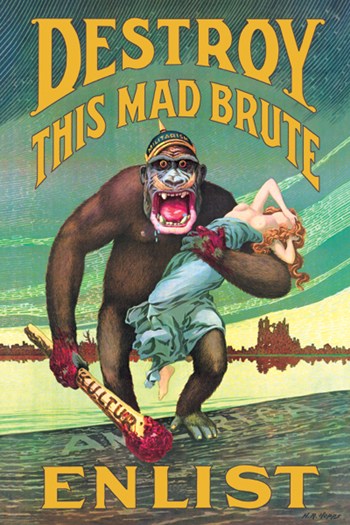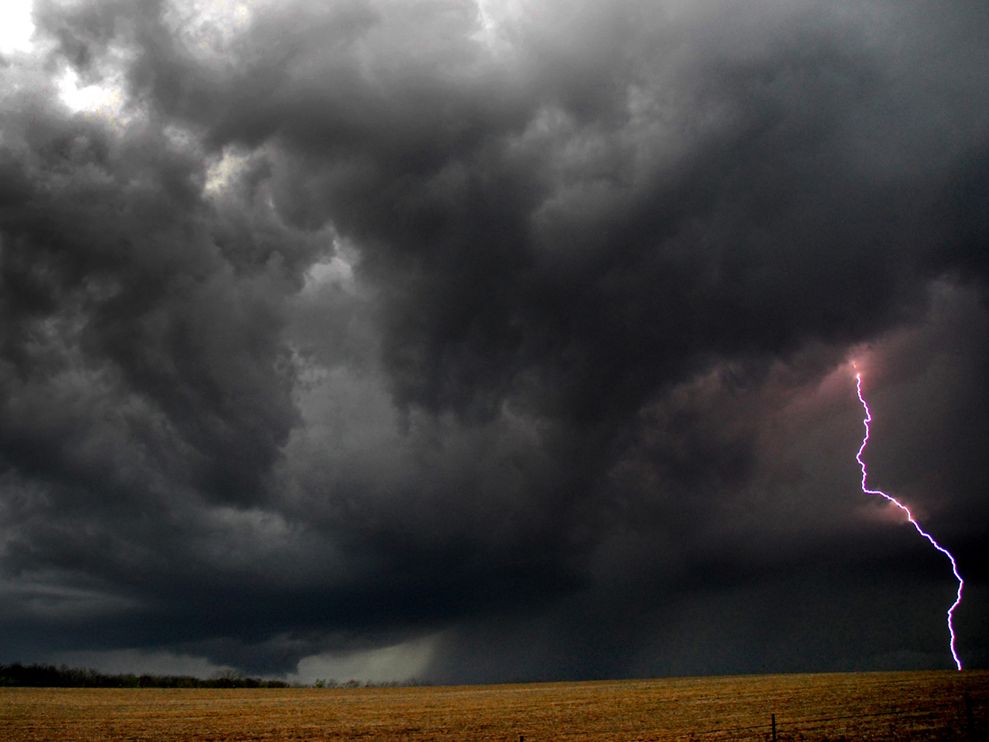If so, Adolf Hitler’s name might now be gathering dust in a police file: “Failed artist and casually employed house painter, who sometimes tries to rabble-rouse the bierkeller dregs in the poorer quarters. Once spent the night in the cells for causing a disturbance outside a Jewish household…” An early British socialist, Robert Tressell, wrote a novel about house painters, The Ragged Trousered Philanthropists. Without the Great War, Hitler would have been a mere unchronicled ragged-trousered misanthropist.
If only; 1914-1945 was the worst period in European history since the Dark Ages. In 1914, there was talk of “the war to end all wars” – possibly the most fatuous geopolitical mistake of all time. It makes “the new world order” sound like common sense. By the end of the First World War, they were rolling the pitch for the Second. Enlightenment, the Whig theory of history, any other theory based on inevitable and steady improvement: they had all formed a Pals’ battalion and died in the trenches.
The deaths continued. By 1945, Europe was staring into the abyss, and we know what Nietzsche said: “If you stare into the abyss for long enough, it will stare back at you.” The stare was broken, the Third and final war avoided, not by a reassertion of civilised values, but by the atom bomb. Mankind survived because of mutually assured destruction.
Apropos of atomic weapons, there is another terrible thought. If Hitler had not been anti-semitic, he would have won the Second World War. Instead of dismissing atomic/nuclear physics as “Jewish science”, suppose he had persuaded enough Jewish scientists to work for him? He would almost certainly have had the Bomb first. But anti-semitism was at Hitler’s black and evil core. In the bleak midwinter, why do we need ghost stories to provide a frisson of pretend horror, when real horror is available in unlimited quantities just by contemplating the last 100 years?
The wars left Britain too exhausted to deal with a brace of imperial difficulties. Even if we had not been so depleted in blood and treasure, India would have been tricky. From Macaulay onwards, the wisest intellects who involved themselves with Indian affairs knew that English rule was a trusteeship, not a 1,000-year Reich. But when it came to India, Churchill’s was not a wise intellect, and he would have had supporters. No wars, therefore no imperial overstretch: assuming that wisdom had prevailed, India could have been brought to independence gradually, not in a post-war scuttle. It could also have been brought to independence as one country – so no Pakistan, that most dangerous of all failed states.
Equally, if there had been no First and Second World Wars, there would have been nothing like the same pressure for a Jewish nation in Palestine. The odd rich philanthropist, satiated with first-growth claret and sick of the falsity of drawing rooms, might have persuaded some similar-minded kibbutzniks of the delights of ditch-digging. As they would probably have paid the previous Arab proprietors 50 times what the land was worth, there might have been no trouble. It should have been possible to create a self-governing Jewish enclave in Palestine for the price of a few broken heads in the odd inter-communal riot.
Without Pakistan, without a chronic and insoluble Palestinian crisis – those two Ps that will continue to torment mankind, no matter how many mattresses are used to squash them – this century would look promising.
As it is, we have the two Ps, and mutually assured destruction is breaking down. It worked during the Cold War, and it has worked between India and Pakistan. Could it work between Israel and Iran? Could the Iranians be trusted not to hand some stuff out at the back door? For that matter, is it inconceivable that there could be a seepage from Pakistan? What about miniaturisation? A couple of hundred quid in a high-street computer shop will buy you something more powerful than the Pentagon’s computer resources 40 years ago. All other forms of technology are becoming smaller, cheaper and more accessible. Is nuclear weaponry really immune from that?
While the whole world was turned upside down in the 20th century, Islamic societies were not immune. Though it would be absurd to talk as if Islam was the same from Morocco to Malaysia, there are forces and fractures in the Muslim world, many of them related to religion; some of them producing young men who hate us and everything we stand for. The West has lost control, and it all started in 1888. We will need a lot of good fortune to steer through the next few decades. Happy New Year.












